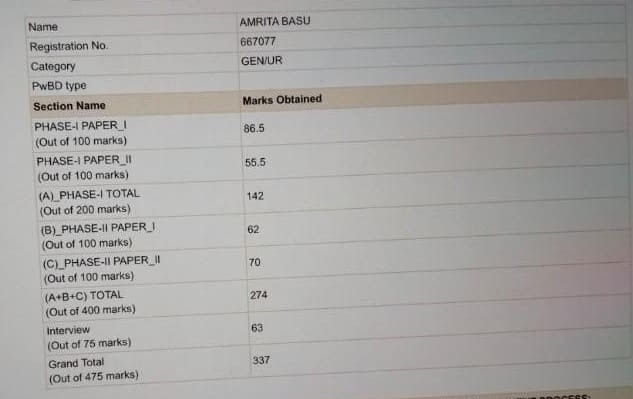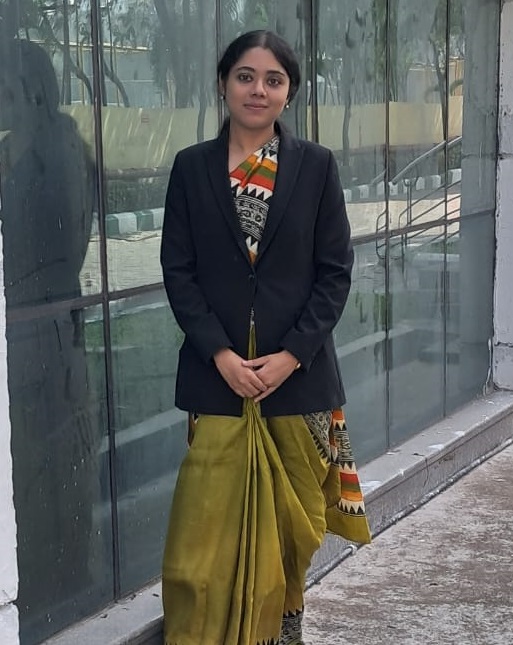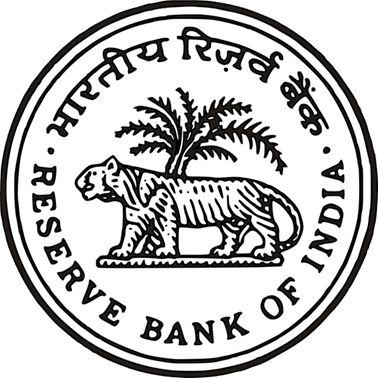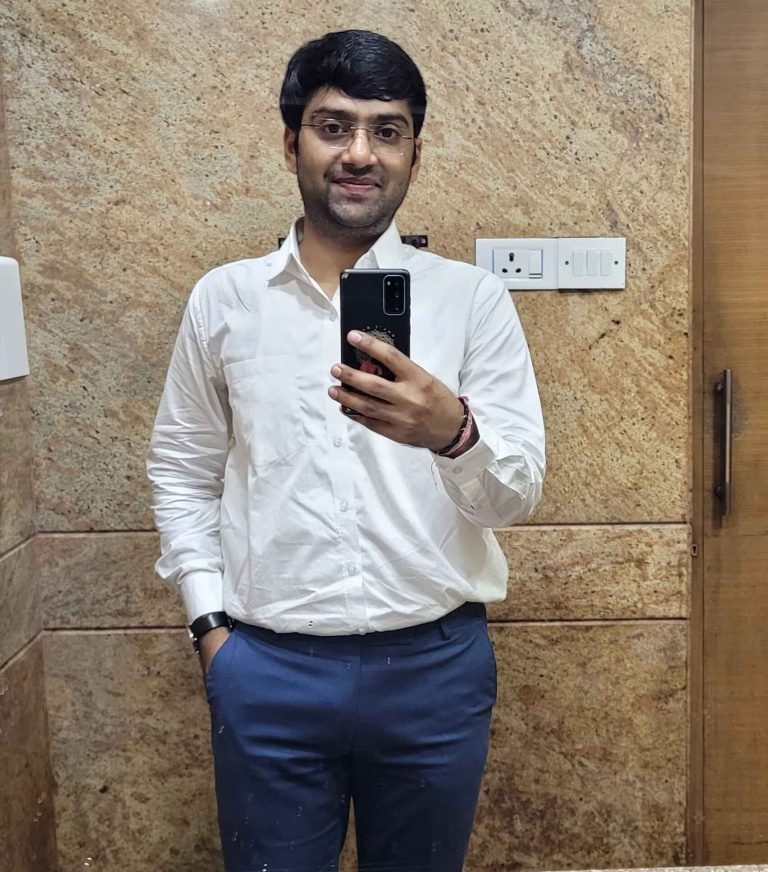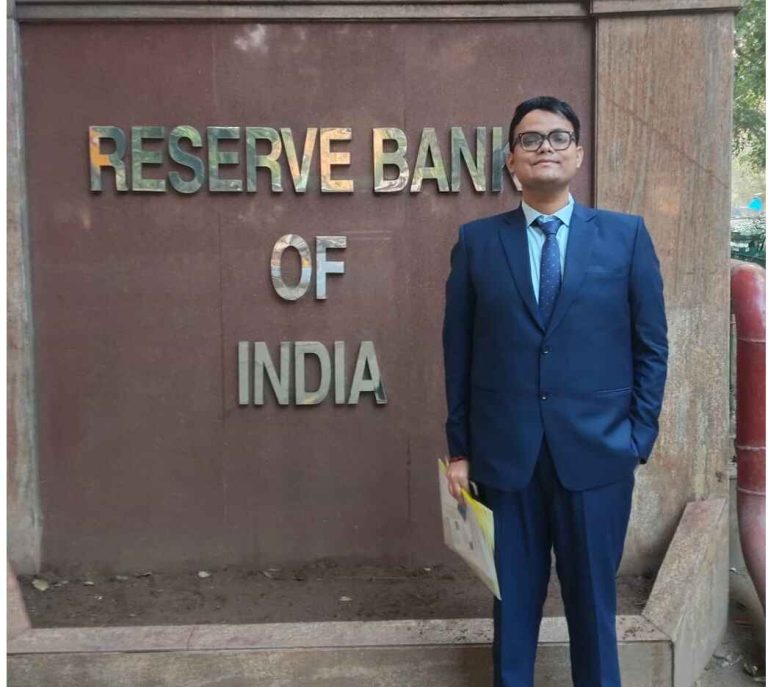My name is Amrita Basu and I have qualified RBI Grade B DEPR 2023 Examination in my first attempt. I have completed my bachelors in Economics from St Xavier’s College, Kolkata in 2020 and Masters in Economics from University Of Calcutta in 2022.
My interview was held on 12 January 2024, at RBI New Delhi. Total 15 candidates were called for Interview on that day (which was also the last date for RBI DEPR 2023 Interviews).
Interviews began sharp at 9:35 AM. I was the 3rd candidate to be interviewed in the pre-lunch session. I am sharing my interview transcript. Hopefully, other candidates can benefit from my experience.
Let’s begin!
Chairman: Mr. Sudhir Shrivastava
(Total Time of the Interview: Around 25 minutes; 6 panel members : 5 males , 1 female)
Chairman (smiling): So your father is in Ministry of Home Affairs, is he posted in Delhi?
- Me: No, Sir. Presently in Kolkata.
M1 (sitting to the immediate right of chairman): Shouldn’t he be posted in Delhi?
- Me: Sir, previously he was posted in Delhi. Now, in Kolkata.
Chairman (cutting in between): But should not it be other way around? First in Kolkata and then in Delhi? Which department he is in?
- Me: Answered.
Chairman: Okay, understood. So you have completed your post graduation in 2022, how many of your semesters were online?
- Me: First two semesters were held online. For the last two, we had offline examination.
M1: Which subjects did you study in your last two semesters?
- Me: Answered
M2: What did you study in econometrics for the first two semesters of your masters?
- Me: Answered
Chairman (smiling): But econometrics again you had in your first two semesters when exams were online.
- (All members were smiling at this, I too smiled)
- Me: Yes Sir, we had it online. But the practical for the course were held offline.
Chairman: Okay….( pointing at member 3 ) Ashok, you start..
M3: 1. Tell me what you understand by confidence intervals in statistics.
- What is BLUE?
- What do you understand by heteroscadasticity?
- Me: Answered all of them
Chairman: Can you give a real life example of violation of homoscadasticity?
- Me: Answered. ( I gave them the example which is given in Gujrati’s Basic Econometrics)
M4 (smiling) : Are you comfortable with questions on banking sector?
- Me: yes ma’am, I am.
M4: What is the problem with urban cooperative and rural cooperative banks in India.
- Me: I highlighted the problems associated with duality of control, ever greening of loans, interconnected lending, poor loan recovery and high NPA.
M5: Can you tell the risks associated with digital lending?
- Me: I said that although digital lending has been instrumental in forwarding financial inclusions but there are risks as well with regards to unethical business practices, illegal lending apps, excessive interested rates because sometimes digital lenders are guided by sheer profit motives.
M5: ( Asked one question about how digitization can help in capital utilization, I could not understand his question in the first instance and answered something which was not exactly what he was looking for)
Chairman: Let me help you to get to the answer, suppose you have a car, which is capital for you, and you give it to Ola/ Uber which are digital apps, so by digitization you are utilizing your capital, what is it augmenting
Me: Sir I think it augments the efficiency of the capital
M5: (smiling) yes, this is what I was looking for. Sir helped you.
Me: I thanked both of them for their help.
M2: So Amrita, you come from a state whose fiscal health is not that good. Are you aware what the current debt to GDP ratio for your state is?
- Me: Yes Sir, it is at 4.0%
M2 (smiling): It cannot be so less; are you sure of the figures?
M3: May be quoted the gross fiscal deficit figures.
- Me (realizing my mistake): My apologies Sir, I quoted the wrong figures. Debt to GDP ratio for West Bengal stands at around 35% of the gross state domestic product, which is much above the RBI recommended limit. It makes WB as one of the states with the highest debt burden.
M3: Okay, can you tell us the reason behind it.
- Me: I discussed the points with respect to high level of welfare spending, which might not be targeted effectively leading to higher spending, infrastructure challenges which hamper revenue collection, and the fact that WB is the only state which did not switch to NPS from OPS in 2003, which puts a huge burden on the revenue expenditure.
Chairman: (smiling) Do you thing switching to OPS from NPS is a good move?
- Me: Sir in my opinion it is not a very good move. As per recent RBI report on state finances suggest that if all the state governments revert to OPS from NPS, the cumulative fiscal burden would be as high as 4.5 times that of NPS, with additional burden reaching about 1% of GDP annually in near future
M1: You mentioned about high level of welfare spending by state government creating fiscal burden, can you elaborate
Me: I mentioned how it is important to demarcate between subsidies creating merit good and non-merit good . Welfare schemes are justified on the grounds that they help the majority of the people and offer a balm against economic distress. However, if they are not properly targeted they have nothing to do with long-term development as their effect would be transient. I also mentioned about exclusion of genuine beneficiaries and corruption in the delivery mechanism.
Chairman: Mention such schemes carried by West Bengal Government , their benefits and costs..
Me: (I was prepared with the name of schemes and their pros/cons) Answered.
M2: Amrita, I see you have written a research paper on oil price and its macroeconomic impact- theory and empirics. Can you tell me any two of your finding from the theoretical structure and the empirics.
Me: Answered.
M2: I have questions from this, 1. Can you tell me how oil prices are determined by oil futures.
(Two more questions technical in nature relating to oil price, which I do not recall)
Me: I apologies Sir, I am not aware of it.
( I could not answer any of the questions)
M1: It is okay, I see Amrita, apart from classical singing you sings Rabindra Sangeet and Nazrul Geeti. What do you sing in Rabindra Sangeet
Me: answered
M1: Nazrul is basically known as the national poet of Bangladesh, how is he relevant in West Bengal.
Me: Sir, Nazrul also wrote nearly 100 songs dedicated to Goddess Kali, popularly known as Shyama Sangeet, which is what I sing.
Chairman ( while nodding) : West Bengal was once one of the forward state in India. Now we see even the Kolkata lagging behind other capital cities. What are your views on this?
Me: Answered. I mentioned somewhere in the answer regarding de-industrialization as one of the reasons.
M1: What is the reason behind industrial decline in WB? Can you please elaborate?
Me: I mentioned about
- Partition had a devastating impact on the economy. Jute industry, which was the backbone of howrah-hoogly industrial belt, suffered heavily, as the rich jute growing areas went under the jurisdiction of erstwhile east Pakistan whereas all the mills remained in West Bengal. Moreover globally, the demand for jute also reduced.
- Secondly, although during the period of 1948-1965, heavy industries were set up in Bengal, the freight equalization for coal and steel policy affected industrial growth.
- Third, West Bengal was facing the constant influx of refugees who were seeking asylum, it further burdened the local economy and complicated the unemployment problem, food crisis which ultimately resulted in extremism in early 70s
- Acute labour union problems, lockdown which resulted in capital flight from Bengal to other parts of India
- Slow implementation of LPG compared to other states.
M1: Interesting, can you mention the steps taken by the government to solve the labour problem
Me: Answered the steps taken by both centre and state. I also mentioned about the four new labour codes.
M1: Well, youths of Bengal including you moving out of the state. What will be your solutions regarding this.
Me: I mentioned about focusing on infrastructure development, bringing domestic and foreign investment, focus on sunrise industry like IT, overall skill development of youth to create gainful employment in the state and reviving village economy and renewed focus on traditional industries.
Chairman: Thank you Amrita, your interview is over you can leave now.
(I thanked and wished all the members and left)
Overall experience: The board was very cordial and made me comfortable. All the members were smiling throughout and Chairman sir was really encouraging. I could not answer a few questions regarding my research paper but tried to stay confident throughout. Overall my interview experience was good.
All the best!!
I have attached my Marksheet below for your reference
Note : Amrita was enrolled in Econometrics & Microeconomics online courses, Phase-1 Test Series, English Essay Course, Descriptive Writing Sessions for Phase-2 and Free Interview Guidance Programme, with Testonomics, for RBI DEPR 2023 Exam preparation !
